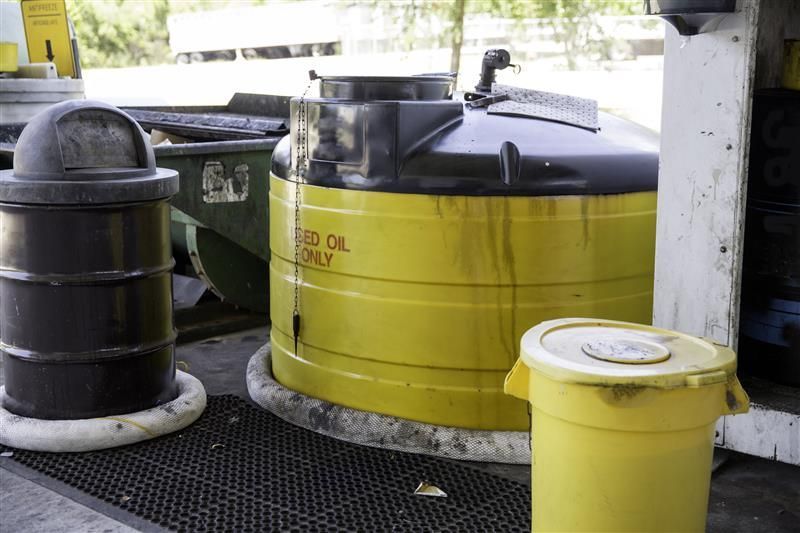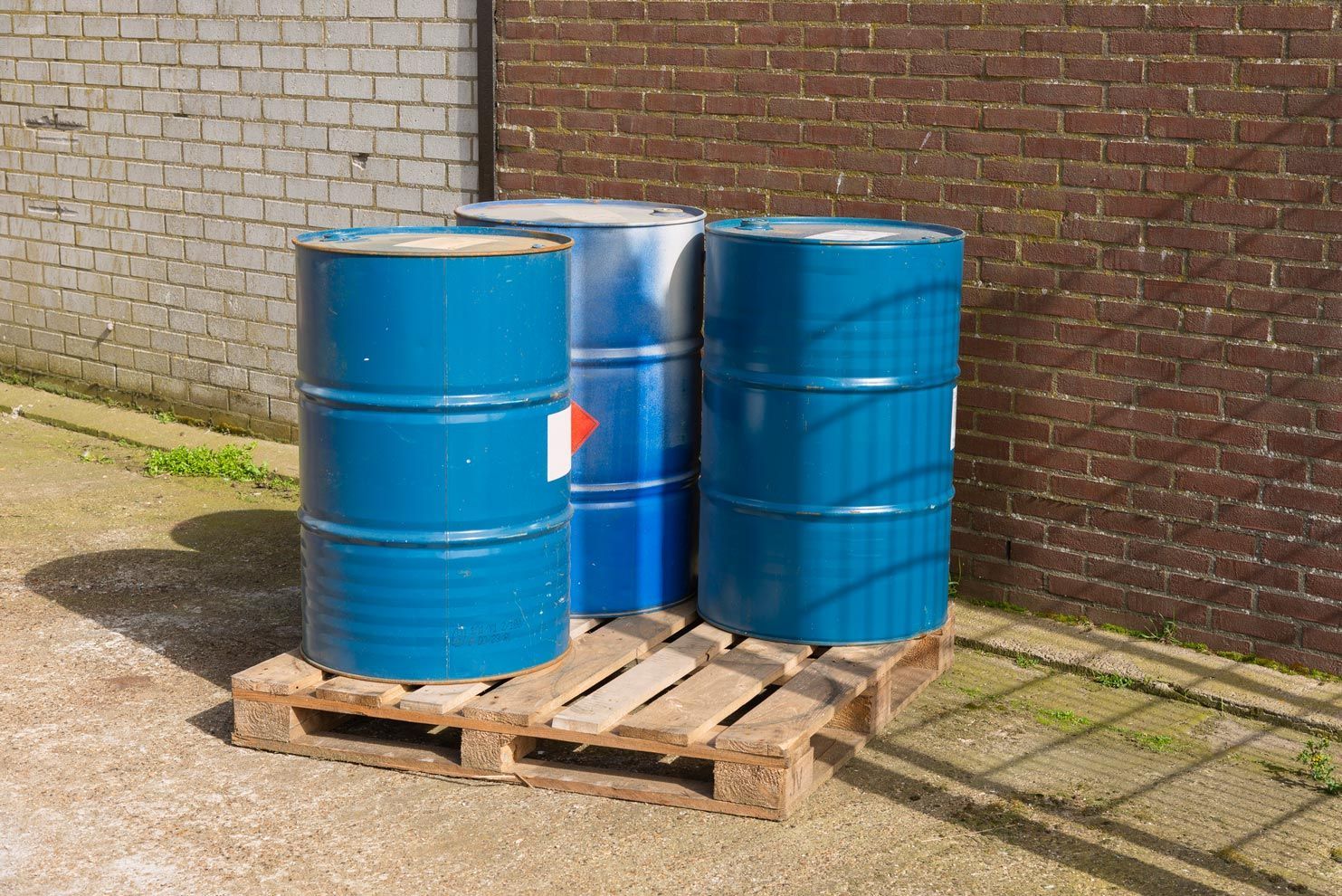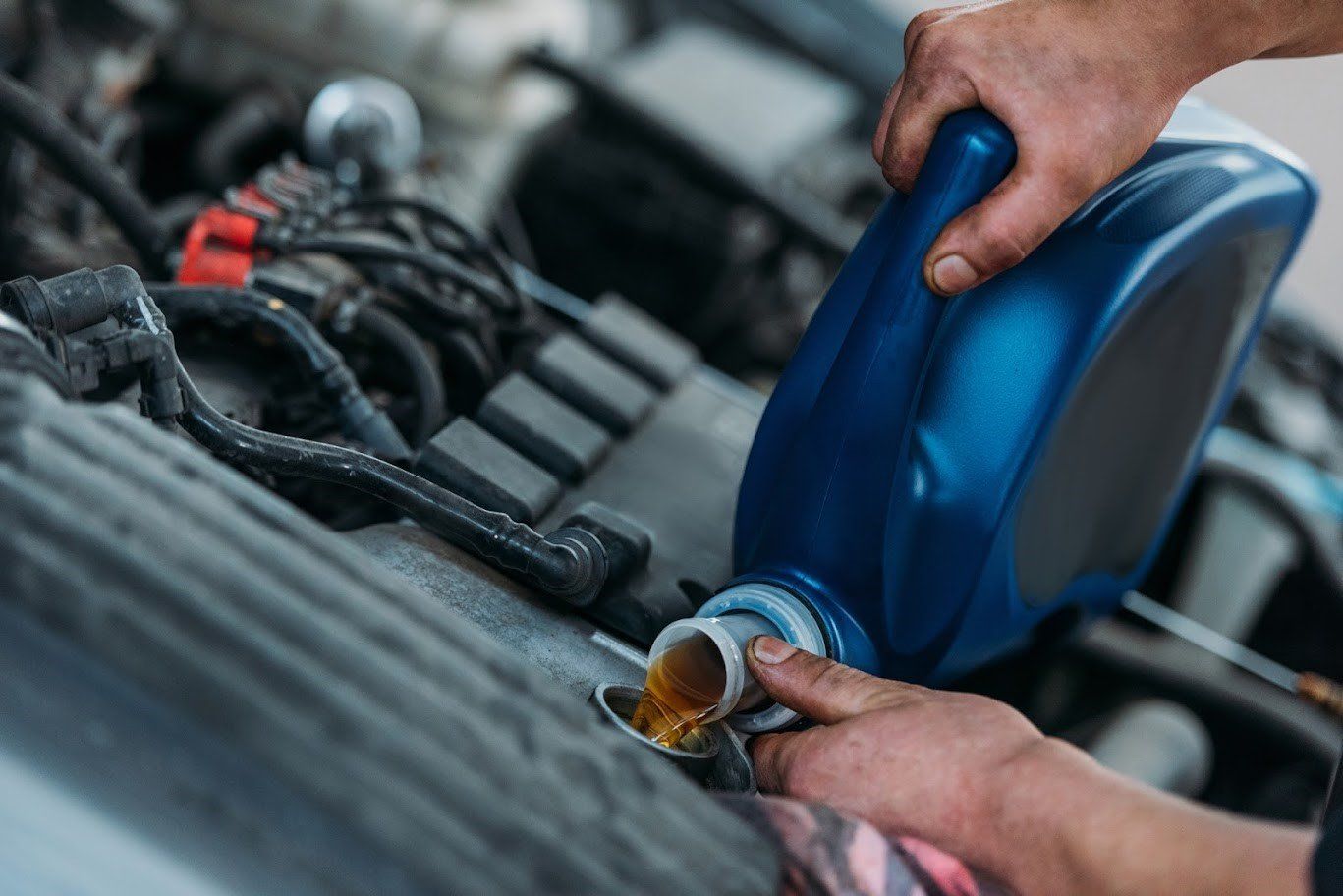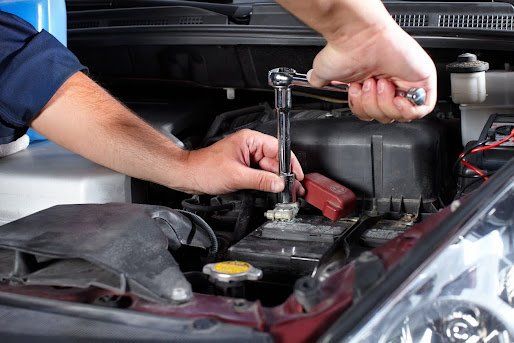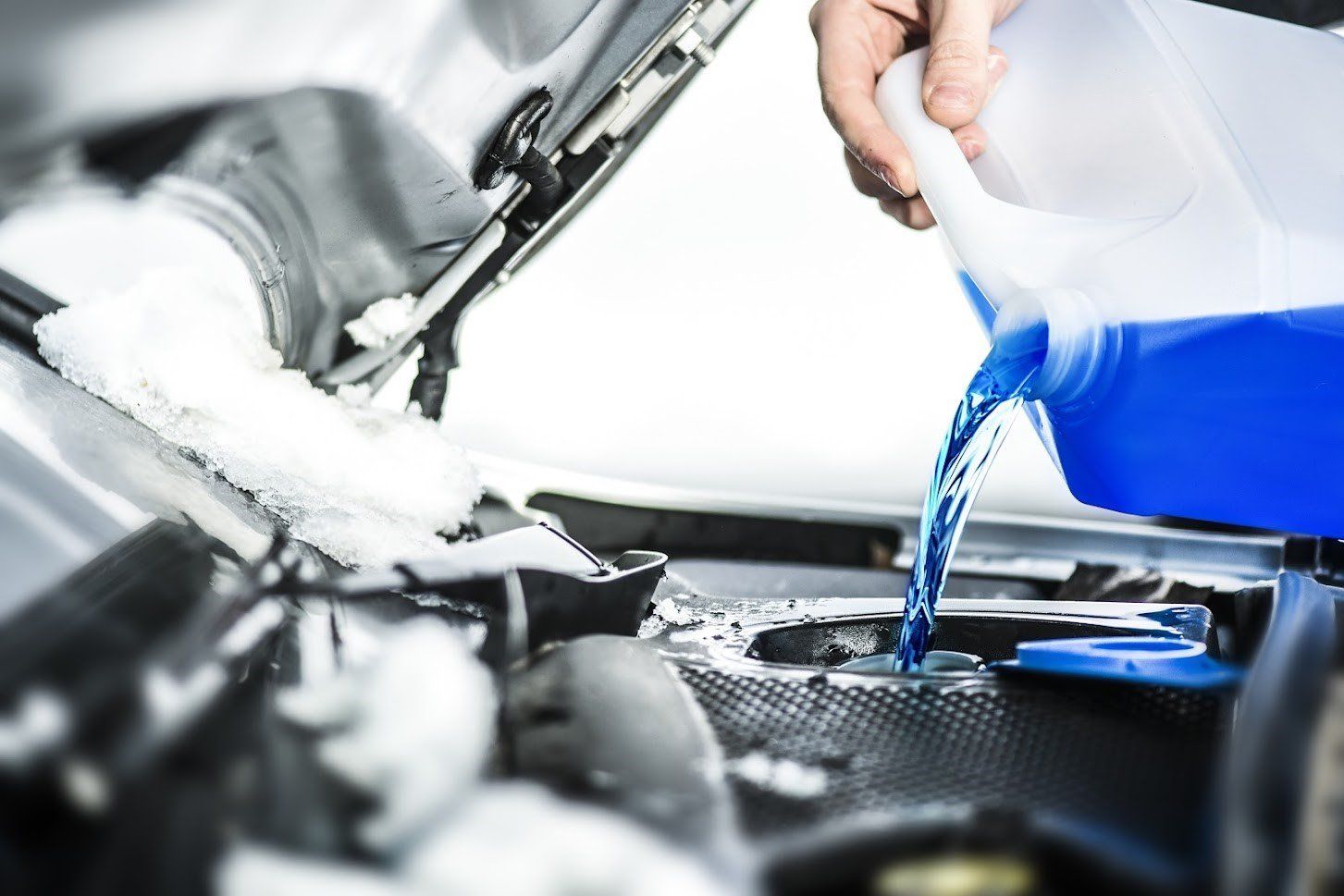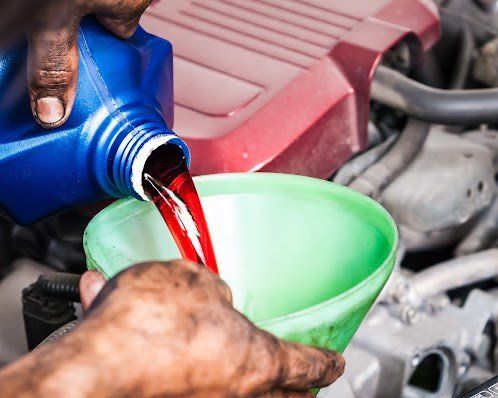What Types of Oil Can Be Recycled?
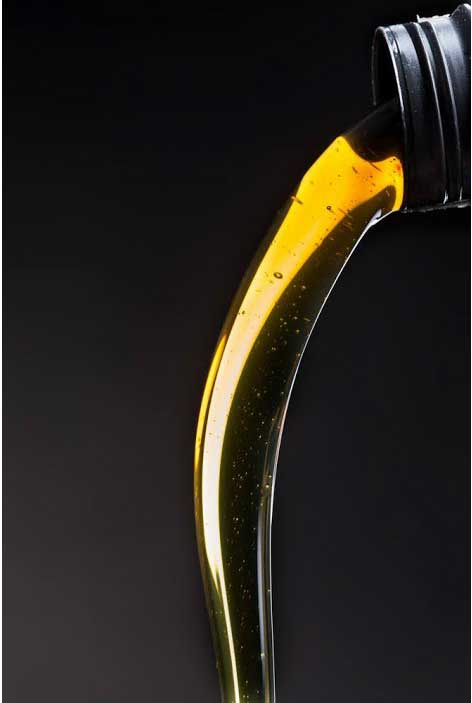
Engine Oil
The oil found in your car or truck engine is a viscous substance that lubricates, protects, and cools the moving parts of your engine. Engine oil also contains additives that keep your engine clean and limit chemical byproducts from engine ignition, so it's safe to use around combusting gas.
As engine oil does its job, however, it eventually picks up dirt, debris, and chemical byproducts, which necessitates an oil change to keep the engine running smoothly. When this happens, however, old engine oil can be collected and recycled.
Properly recycled engine oil can be re-refined to be used as engine oil again, meeting all the performance requirements for new oil. It can also be reprocessed as fuel or as a raw material for petroleum.
Hydraulic Fluid
Hydraulic fluid is a necessity for any hydraulic system, including heavy equipment, as well as power brakes and steering on most automobiles. It is made of water-oil emulsions and salt solutions so that you can safely use it around ignition sources.
Once the hydraulic fluid has picked up enough contaminants, you need to replace it as well. Old hydraulic fluid can then be treated and used as new hydraulic fluid, or it can be filtered into its separate components and used to create new oil products.
Transmission Fluid
Transmission fluid is another important automotive fluid that keeps the transmission running smoothly. It keeps the system lubricated and reduces friction. Unlike engine oil, transmission fluid is not subject to combustion byproducts, so it takes longer to pick up contaminants and doesn't require replacement as often. When transmission fluid needs replacement, you can collect it so it can be reprocessed into new transmission fluid or other oil-based products.
Gear Lubricant
You can find gear lubricant in vehicles and other machines like lawnmowers and industrial equipment. It differs from motor oil and other lubricants in that it specifically protects gear systems from wear and tear. It also limits the noise of gear operations and contains additives to resist pressure, rust, and corrosion.
Just like the other oil products on this list, you'll need to replace gear lubricant eventually, when it becomes too diluted with dirt and debris. It can then also be re-refined or used as a base material for petroleum production.
Tramp Oil
Unlike the other oils listed here, tramp oil is a byproduct of machine operation. It is essentially oil that has migrated into a coolant system over time due to the proximity of oil-lubrication systems.
You'll need to remove tramp oil in order for the coolant to function effectively, but once it has coalesced and has been filtered from the coolant, it too can be recycled into new oil materials.
Cooking Oil
Cooking oil is widely used in commercial kitchens, especially to fry foods. As it gets used, cooking oil picks up bits of food, grease, and fats, and it eventually becomes unsanitary to continue to cook with.
Instead of throwing it out, however, restaurateurs have the option of recycling used cooking oil. Once filtered properly, cooking oil can be processed into diesel fuel or even transformed into alternative fuels.
There are a lot of types of oil and oil-based products out there, and most of them can be beneficially reused. If you'd like to recycle your used oil products, contact the experts at Denver Oil for
used oil pickup. We can take your used oil off your hands and ensure it gets recycled properly.

